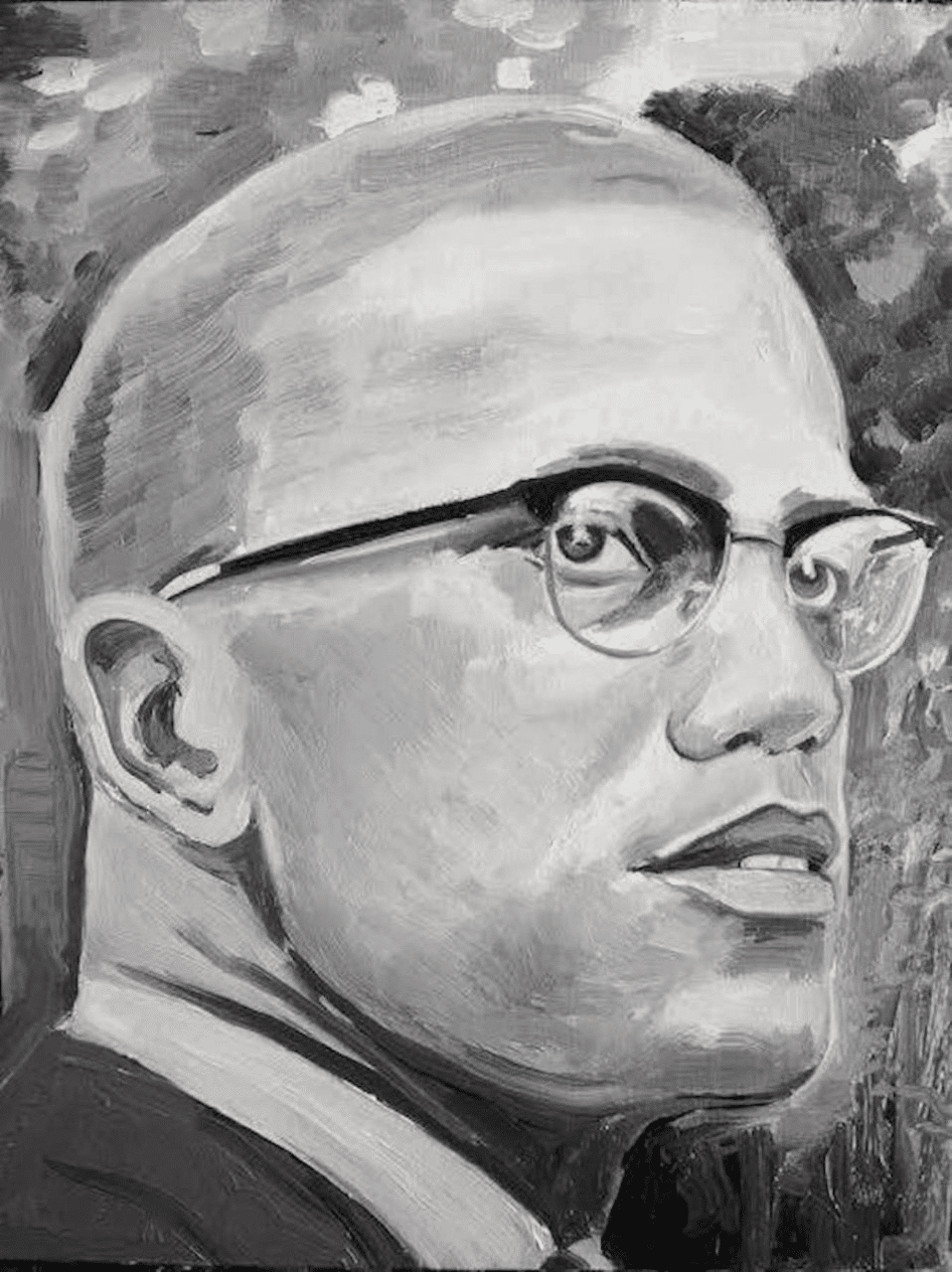Welcome to L.A. Taco’s column, “Barrio Wisdom.” In this series, we follow the streets-meet-academia wisdom of Dr. Álvaro Huerta, a professor at California State Polytechnic University, Pomona. In this installment, we learn how growing up in the inner-city housing projects led to black and brown unity.
[dropcap size=big]I[/dropcap]n America’s barrios, when you’re poor and Mexican and everyone else is poor and Mexican, you usually don’t think about class and identity issues. Since we were all in the same boat (or raft!) in East Los Angeles’ Ramona Gardens housing project, these issues were not discussed or worried about.
There were some differences, however. I was initially shocked when one of my childhood friend’s father spoke English. At 6 years old, when I first moved into the projects from Hollywood with my immediate family, I found it rather odd. “Don’t all parents speak Spanish?” While the projects were 99.9 percent Mexican/Mexican American (or Chicana/o) when I was living there, we had few African American families in the projects.
I vividly remember Tony Blood, Cody, and Momma Rose. Tony Blood and my brother Noel (or Nene) were best friends as kids. They ruled the projects in pop-locking and breakdancing. Nene spun on his head on cardboard and did the windmill better than his peers.
Cody was lanky and great at baseball. He threw the fastest curveball in the projects. Since I’ve always had a phobia towards pain, where I feared being hit by a baseball, I never batted against Cody. (I’m losing street cred points by making this shameful confession!) As an elderly black woman, nobody messed with Momma Rose, including the hardcore homeboys. She was a legend. She never hesitated from speaking her mind.
Black is beautiful
During the 1970s and 1980s, for my brother Salomon and I, along with younger siblings (Rosa, Ismael, and Noel), we didn’t have any Chicana/o role models. All of the people we admired were black, particularly in the case of professional sports, music, comedy, and television. In sports, this included Muhammad Ali, Julius “Dr. J” Irvin from the Philadelphia 76ers (MBA), Earl Campbell from the Houston Oilers (NFL) and Bo Jackson from the Kansas City Royals (NLB)/Los Angeles Raiders (NFL).
Whenever I conduct lectures and talks about America’s barrios and ghettos and the bleak plight of the residents, I always inform my local and national audiences that brown and black people must unite since we have a lot in common in this racist, capitalist state.
In music, this included Mary Wells, Aretha Franklin, James Brown, Marvin Gaye, Smokey Robinson, and Sam Cooke. In comedy, this included Richard Pryor and Eddie Murphy. In television, this included The Jeffersons, Good Times and Sanford and Son. (I later learned that these shows were produced, written and directed by white people!) In terms of Chicanas/os on television, the nearest we got was Chico and the Man, where the co-star Latino actor, Freddie James Prinze, was half Puerto Rican! These professions, programs, and role models mattered to us in our daily lives, since we attended inadequate K-12 public schools where we—as brown kids from the projects—were never expected to become doctors, lawyers, artists, and professors, etc., by the dominant society (i.e., the hegemonic white culture).
As teens, since Salomon, Noel and I loved to play basketball on the streets, in organized leagues, and in high school, we often played against black players outside of the projects. We would often play in different housing projects, like the William Mead Homes or Dogtown projects near Chinatown and downtown Los Angeles, where they had more black residents. When Salomon started Junior Varsity (JV) and Varsity for Lincoln High School, the black coach Huff recruited some black players from South Central who could dunk and dominated the league! (I guess it helps when the players are in their 20s!). Either way, we were all cool with no racial tensions in a Chicana/o-dominated high school with a growing Asian (Chinese) student population during the early 1980s.
While attending UCLA’s Freshman Summer Program (FSP) in 1985, I was first introduced to the Autobiography of Malcolm X and immediately became politicized. Since then, I’ve always admired Malcolm X as one of the most important figures in world history. Not only did he advocate in defense of blacks in the U.S. without compromise or fear, but he also defended the interests of all oppressed people around the world, like in the case of the Vietnamese during the U.S. imperialist war.
Not only did I read his other works and speeches, but I also shared this book with my brother Noel and friends. Later, during my undergraduate education, I took classes taught by the great historian Dr. Juan Gómez-Quiñones, where I learned about Chicana/o history and important historical figures that looked like me! This made me proud of my Mexican roots in el norte, while still admiring all of the great black leaders throughout American history.
Lessons on Brown-Black Unity
Whenever I conduct lectures and talks about America’s barrios and ghettos and the bleak plight of the residents, I always inform my local and national audiences that brown and black people must unite since we have a lot in common in this racist, capitalist state. Too often, American leaders pit brown and black people against each other to maintain the status quo. We must stop fighting for crumbs or blocks that we don’t even own. Instead, we must unite and demand our civic and human rights in a country that has historically (to the present) benefited from our labor and other contributions, where we continue to be treated as second-class citizens and residents.
¡Ya Basta!






